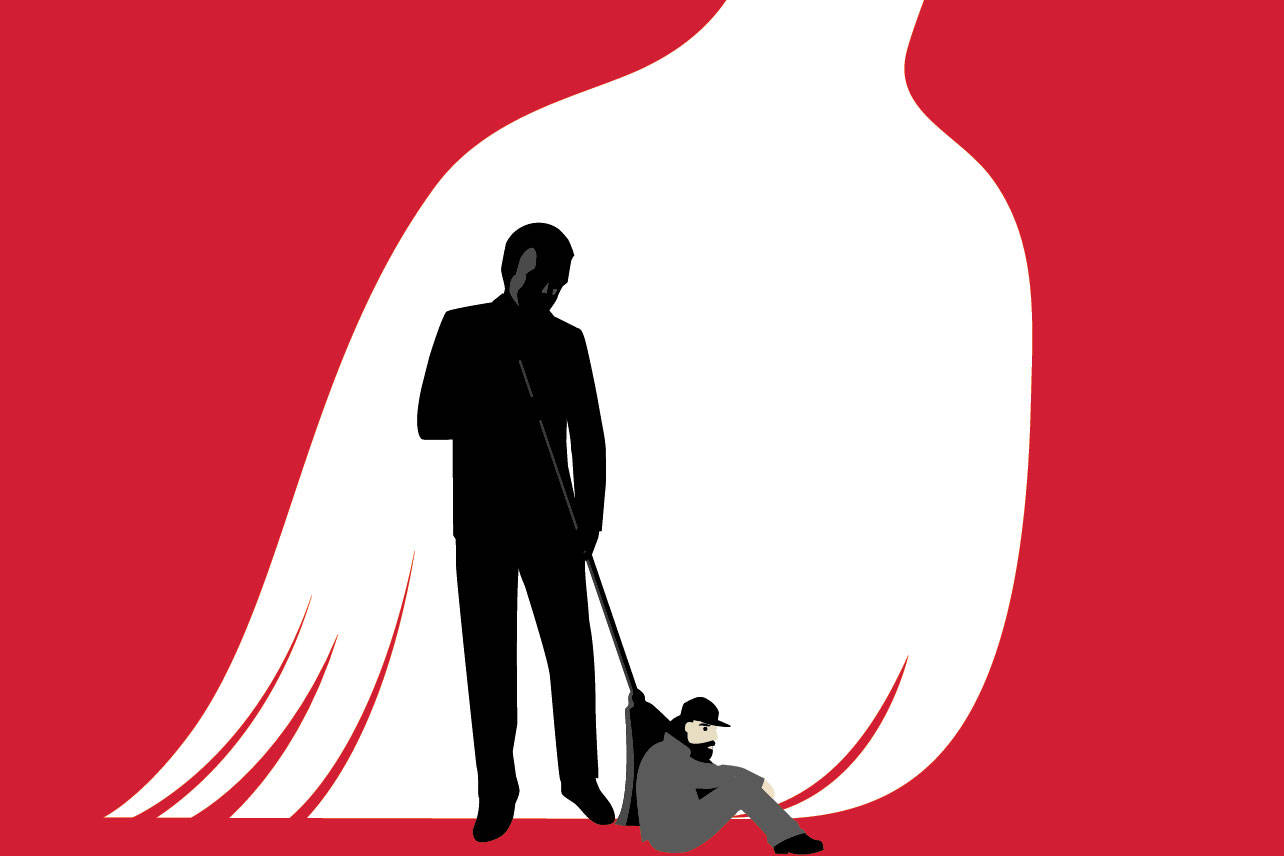The biggest question hanging over this year’s mayoral election is no longer a question.
Prior to Mayor Ed Murray’s announcement Tuesday that he would not seek re-election, that question was how allegations that he sexually abused at least four teens in the 1980s would impact his ability to mount a successful campaign. Plenty of other questions were wrapped within that one—the biggest of which being “Did he do it?” But this is politics, where perception is reality. Prior to Murray’s withdrawal, Seattle was likely looking at months of the sort of sordid public-relations gamesmanship that we’ve become accustomed to since the allegations became public a month ago. The way this game was being played, both by Murray and the legal team representing Delvonn Heckard, one of Murray’s accusers, the facts of the matter seemed hardly a concern. The battle was over how each accusation and denial played in the papers and looked on the nightly news—whether the mayor was sinking or swimming or a dead man walking. It got so bad that last week a Superior Court judge fined one of Heckard’s lead attorneys, Lincoln Beauregard, for essentially using the courts as a platform for publicity stunts.
None of this stood to benefit Seattle. Even if you take the most sympathetic view possible of Murray—that he’s an innocent man facing 30-year-old accusations laced with homophobia—you must recognize that these accusations were not going to go away, and would result in an ongoing dog-and-pony show that distracted us from the vital questions facing our city: How do we keep Seattle affordable for everyone? How do we house our disgracefully high number of un-housed? Where should the Sonics play—SoDo or Uptown—if and when they return? This last question is offered partly in jest, but is illustrative of all the questions, big and small, we might better be able to answer if we could just stop talking about The Allegations.
To the credit of the candidates who have stepped forward to challenge Murray, each has, to a person, made little hay of the charges against the mayor. They’ve instead brought to the fore important issues like those listed above, as well as youth incarceration, income taxation, and foreign real-estate speculation. The latest entrant, state Sen. Bob Hasegawa, wants to lead a city conversation about creating a publicly owned bank to keep Seattle’s money off Wall Street. It’s a conversation we look forward to having. Yet those candidates didn’t really need to make hay. As long as Beauregard was filing unsourced accusations against Murray in court, they were sure to make the news—and sure to overshadow any kind of substantive policy conversation. Still innocent until proven guilty, Murray could have very well stayed in the race, and we would have defended his right to do so. But we also recognize that for the good of the city, the accusations needed to become a private matter rather than an electoral one; and thus withdrawal was the best thing the mayor could have done for Seattle. That’s what happened on Tuesday.
To be clear, this shouldn’t be read as a “Thank you” to Murray for dropping out. While it was the right thing to do, it’s unclear whether he did it for the right reason. What we saw on Tuesday may well have been little more than a product of careful political calculation.
There is an argument being floated that Murray didn’t go far enough—that he should resign altogether. It’s less clear whether this would be the best for the city. If the concern is that Murray will be ineffective as mayor for the remainder of his term, it’s hard to imagine how Council President Bruce Harrell, who would take his place, would be more effective (that’s not a dig on Harrell, but on the reality of any Councilmember getting shuttled to the seventh floor of City Hall for seven months of work). It’s true that Murray remaining in office will keep the allegations in the headlines, but with the election out of play, the urgency of learning the truth before the August 1 primary is gone. We can now allow the courts to search for justice. The rest of us can focus on finding the right leader for Seattle.
editorial@seattleweekly.com





